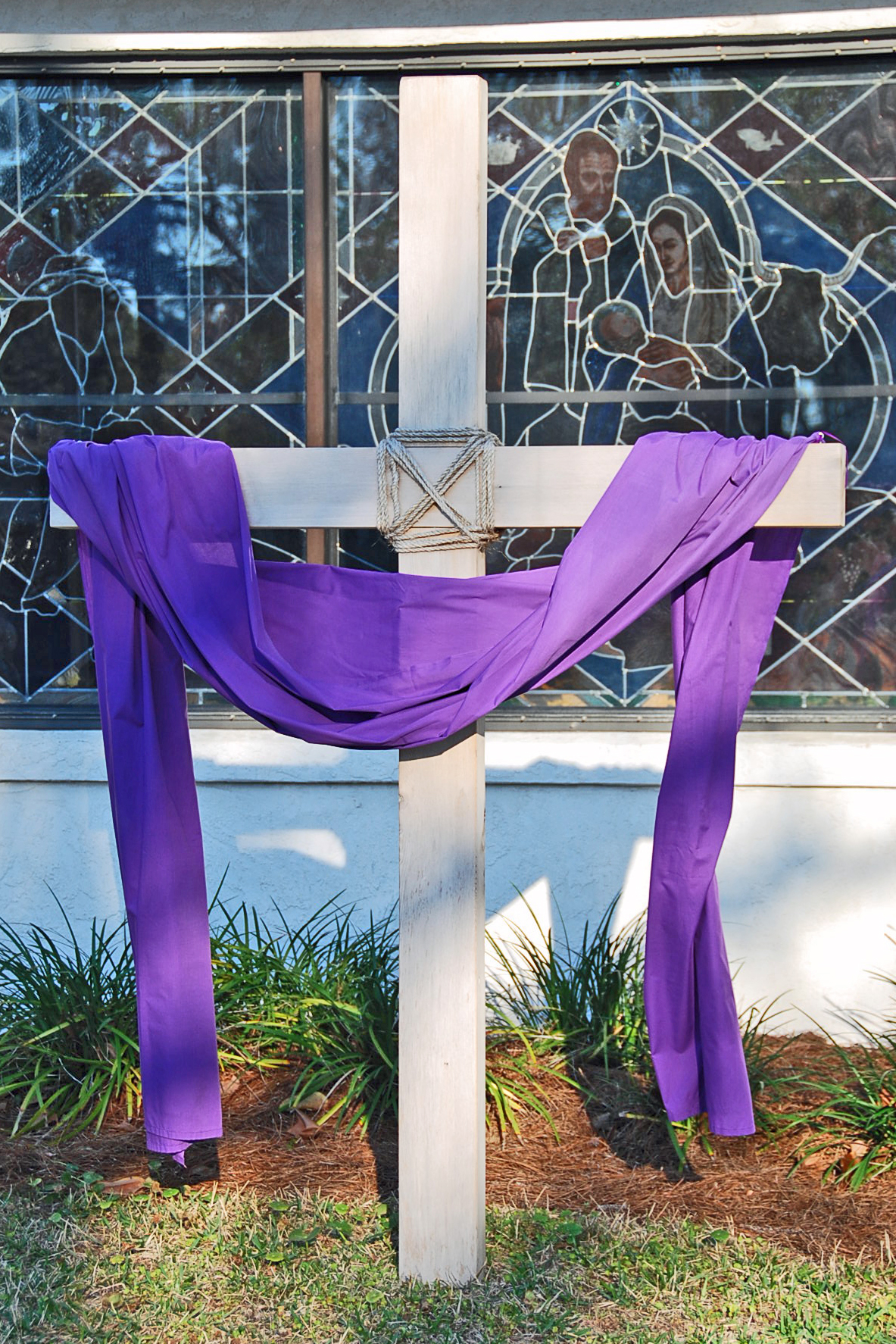For thousands of years people have gone to the desert to get right with God. Their inspiration comes from many of the passages we’ve been reading (Christ in the wilderness, etc), and they teach us about how best to observe Lent. This ‘desert spirituality’ is marked by five disciplines: solitude, transformation, testing, encounter, and self-emptying. I am critical, though, of how those disciplines have often been understood. The next few readings are meant to re-frame these disciplines for 21st century American life.
But when you pray, go into your room, close the door and pray to your Father, who is unseen. Then your Father, who sees what is done in secret, will reward you.
Matthew 6.6
It is entirely possible to be alone in a crowd. I wish more people understood what a gift this can be. Usually we feel alone in those situations because we feel no one cares or that we have no value. That’s not true at all. We feel alone because everyone around us is going somewhere, with others counting on them to arrive. When we have nowhere to go and no one expecting us, that’s when the isolation of crowds presses upon us. But we should reframe these moments. They are not afflictions. These times of isolation are gifts, because solitude–that ancient and venerable spiritual discipline–is so hard to come by.
I find solitude almost impossible to achieve. I don’t think I fall particularly into all the clichéd traps of modern American life. Though I have a cell phone, an iPad, and a personal assistant, they do not rule my life. Not even close. I come home and throw my cell phone into a bin, rarely checking it. I don’t ever answer my phone at home. My iPad usually stays in the car or at the office. But I find it hard to be alone because there are so many people who need me. My children need me. My wife needs me. My friends and my parents need me. There’s nothing more frustrating than needing someone who is purposefully unavailable, and nothing more selfish than making yourself unavailable to find spiritual solitude for an extended period of time.
There is a reason monks and nuns don’t marry and have children. If they did, the special privilege of their solitude would be exposed.
For the rest of us, we must learn to find solitude in the midst of its opposite. We need to clear space in our minds and hearts for God to speak, but we cannot simply run off in the wilderness. We must find solace in the long lines, solitude on the subway. We’ve got to find silence amid neighboring television sets and children’s games. And we must do all of this without listening to the voice in our minds that says: This doesn’t count. You’re not really spiritual; you should take a long walk and speak to the birds.
That voice is ridiculous. It abandons the incarnational teaching of the Scriptures and tries to turn us all into St. Francis. St. Francis was great, but his understanding of the spiritual life was markedly different from Christ’s. Jesus loved to eat, laugh, drink wine, and celebrate. Francis put ash in his food for fear the pleasure might corrupt him.
We have to stop sanctifying Francis at the expense of Jesus.
That’s not to say that there must never be times of isolation with God, only to remind us that extended spiritual solitude is neither realistic or healthy or modeled in the life of Jesus. He went away one time for forty days, and his famous times of solitude were never more than an hour or two, here and there. But when I read the contemporary writing on Christian spirituality, it all sounds like solitude is the apex of enlightenment. It’s not. It’s just time free from distraction.
If we recognize that what we really need is time free from distraction, then we ought to focus our energies on learning to live undistracted than on trying to escape the distractions of real life. Case in point: my two young children often interrupt me while I am writing and studying in my office. I love that. Even when I’m teasing out some scriptural inconsistency or answering a troubling email, or even when I’m caught on the phone, I want my children to waltz in and clamber upon my knee.
What kind of spirituality makes no allowance for children? Or for your spouse? Or for your friends?
These are not distractions. They are the people who show you God. They are the ambassadors of the Spirit.
We must learn solitude, that undistracted time with the Lord, in the midst of the multitude. Yes, we need time alone, but others have played that tune so much I fear we forget why we need time alone. Time alone is only holy insofar as it helps us to better see God.
We should learn to see God everywhere, in everyone, in each moment, and then we will all be monks and fathers fit for the desert of American life.
This post is from Seasons of Christian Spirituality.
fossores
Related posts
Categories
Category Cloud
Tag Cloud
Recent Posts
- Victors and Victims November 6, 2018
- 3 Hacks for Happiness October 29, 2018
- Hope Against Death September 20, 2018
- The Shape Of The Cross September 19, 2018


